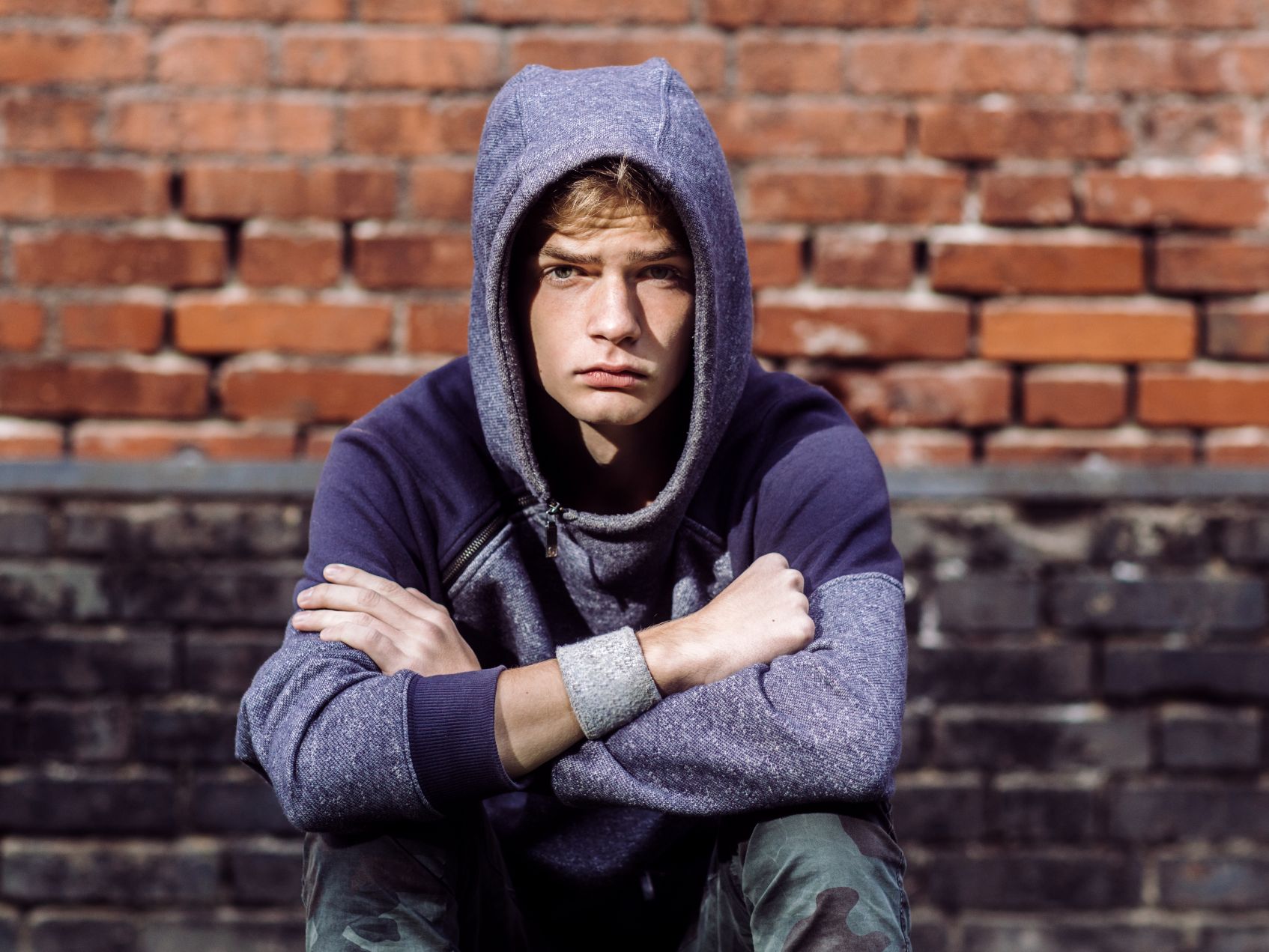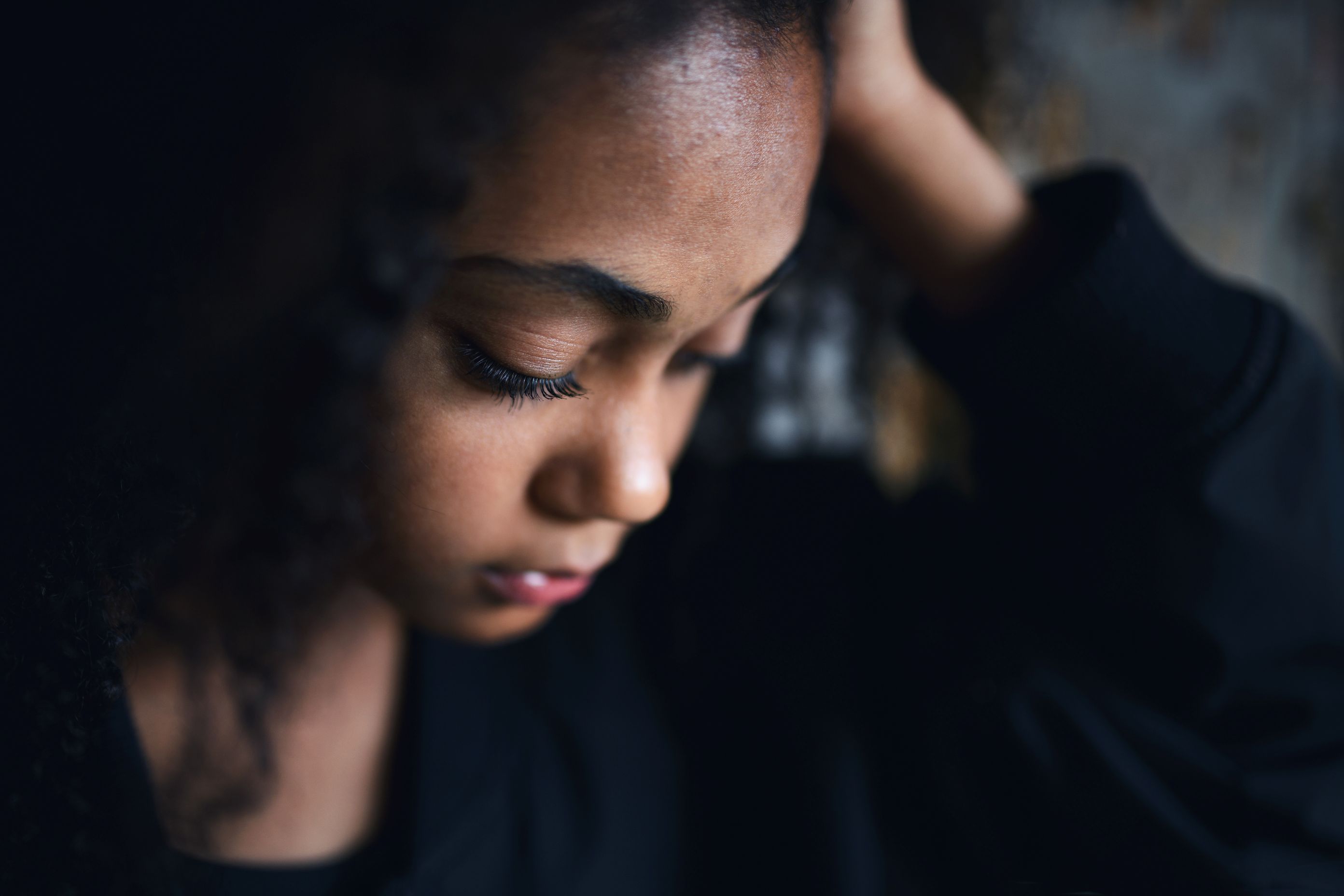It takes a village
Are you a young person?
Click HERE for information made just for you

Every adult has a part to play
Every young person deserves to grow up safe, and every community deserves to feel safe too.
We all want the same thing - safer streets, happier families and young people who make good choices - but lately it can feel like we’re losing that connection.
You see another story online, another headline, and think, “What’s going on with young people today?”
Behind those headlines are children - sons, daughters, neighbours, pupils.
'It takes a village' is a Scotland-wide campaign reminding us that safety isn’t built by one person or one service - it’s built by all of us.
This isn’t about excuses.
It’s about understanding what’s really going on and what works to stop violence before it starts.
When young people feel safe, supported and understood, they’re far less likely to make choices that harm themselves or anyone else.
That’s not being soft - that’s being smart.
Beyond the headlines
It can feel like stories about young people and violence are everywhere. Every scroll, every headline - another reason to worry or switch off.
So what’s really going on, and how can adults help build better environments for our young people to thrive in?
The facts
The level of violence is far lower than it was 15 years ago. It feels difficult to imagine right now, but the statistics are clear that progress has been made.
- Between 2009-10 and 2024-25, there was a 67% drop in emergency hospital admissions due to assault with a sharp object. Among children under 15, admissions for the same cause fell by 44%.
- Over the past 20 years, the number of homicide victims aged 13 to 19 has fallen by 63%, while overall homicides remain at a record low.
However, we cannot be complacent. Since 2023–24, police-recorded non-sexual violent crime has increased by 1%, and crimes of handling an offensive weapon have risen by 12%. This shows us that we must continue to do more.
One young person afraid, one injured, one life lost, is one too many.
That’s why our work as adults matters more than ever.
Real voices: a mother’s story
No one understands the impact of violence more than those who’ve lived through it.
In this short film, Lynn, whose son Sam was murdered, shares what happened and talks about grief, hope and what it means for every adult to play their part in keeping young people safe.
Why it’s hard for adults
It’s natural to feel angry when you see violence.
It’s easy to look at a young person who’s caused harm and think they’re just bad and that that could never be our child.
But when we do that, we stop asking the questions that really matter:
- Could this have been prevented?
- What’s really going on underneath?
- How can we, as a community, do things differently?
- How would we feel if this was our own child that had done this?
It can be hard to both care about victims while still having a sense of responsibility for those who cause harm, but both go hand in hand and are essential.
Understanding what’s going on doesn’t remove the need for consequences.
It helps us respond in ways that reduce harm, protect victims and support young people to do better.
That’s how prevention really works - through accountability and care.
Understanding matters
When we look closer at what’s really going on for young people, things start to make more sense.
Most don’t set out to hurt anyone - they’re reacting to fear, pressure, or what’s happening around them - and when you understand what drives those moments, it’s easier to see what might stop them.
Sometimes young people cause harm - sometimes serious harm.
They might carry a weapon because they:
- Feel unsafe and want to protect themselves
- Think everyone else is carrying, so they should too
- Feel pressure from friends or people they look up to
To them, it can feel like control, like being ready if something happens, but in reality, the weapon takes control.
It’s really important young people hear this from the adults around them - a knife doesn’t protect them. It puts them, and everyone near them, at risk.
Behind every choice a young person makes, there’s a reason or a story.
For some, violence or weapon carrying can be linked to what’s happening around them, not just what’s happening inside them.
It might come from:
- Growing up with poverty or a lack of opportunity
- Family breakdown or instability
- Trauma, loss, or ongoing stress
- Feeling unseen, excluded or unsupported
- Living in environments where safety isn’t guaranteed
Not every young person who faces these challenges reacts in the same way - most don’t.
But, for some, when life feels unstable or unsafe, risky choices can start to feel like the only option.
Understanding the why behind someone’s actions doesn’t excuse the behaviour - it helps us see what might stop the harm from happening in the first place. And that keeps everyone safer.
Labelling young people as “bad” or “beyond help” doesn’t fix things - it pushes them further from the support that could change everything.
When adults listen, show compassion, and keep showing up, it can make all the difference.
That steady presence - a neighbour, a coach, a teacher, a relative - can be the thing that helps a young person feel seen, valued and safe enough to make a better choices.
A young person’s brain is still developing well into their mid-20s.
The part that helps them plan ahead, stay calm and think through consequences is one of the last to mature.
That means young people often:
- React on emotion before logic
- Care deeply about what their friends think
- Focus on what feels safe right now rather than what might happen later
When pressure hits, that developing brain reacts fast.
A look, a shove, a word online - and their body’s already gearing up to fight, run or freeze before they’ve had time to think.
That’s how the brain’s built to keep us safe.
But for young people who’ve lived with fear, stress or chaos, that alarm system can stay switched on constantly.
They start to see threat everywhere and act even faster, before they’ve had a chance to pause or plan.
Their brains are trying to protect them but that can lead to quick, emotional reactions instead of calm, thought-through ones.
And if a weapon’s there in that moment, one second of panic can change everything.
Are you worried about a young person?
Raising a child is challenging. Most adults question their choices and worry about getting it right, especially during the teenage years.
You don’t have to face it alone.
If you’re worried a young person might be getting involved in gangs or carrying a weapon, contact:
- Children 1st Support Line - confidential advice for parents and carers.
- NSPCC Scotland - for anyone worried a child may be at risk.
- In an emergency ALWAYS call 999.
“It takes a village to raise a child.”

It starts with you
Keeping young people safe and thriving isn’t the job of one person or one service, it takes all of us.
Every adult who shows up, listens and offers support is part of that village.
Change doesn’t always come from big gestures.
It starts with small moments: a conversation, a bit of patience, a chance to be heard.
Every action, no matter how small, can make a difference.
Watch the video at the top of this page. It features Fearless, the Children and Young People’s Centre for Justice, Children First and the Scottish Violence Reduction Unit.
Share it. Talk about it.
Listen to the Young Warriors podcast.
When you hear young people being called “feral” or “hopeless,” push back.
Most are creative, kind and full of compassion, and those who might not seem that way based on their actions have just as much potential if only we show up for them.
Share positive stories. Let them know you believe in them.
We need our young people to know that they can and should speak up if they know who is carrying a weapon. They can report information to our charity 100% anonymously – we can’t track they IP address, phone number or any contact details. Nobody will ever know that the information came from them.
Feel uncomfortable about the idea of speaking up?
Got an hour a week?
You could become a mentor with MCR Pathways or Intandem - no experience needed, just a willingness to listen.
Or reach out to a local youth project.
Your time, skills and steady presence could mean more than you realise.
For professionals working with young people
If you work with or support young people, you’re already an important part of our young people’s village.
The resources below can help you deepen your understanding and strengthen your practice:
Together, we’re the village
Every small act of care - a conversation, a moment of patience, a bit of belief - helps build a Scotland where young people grow up safe, supported and full of hope.
Change happens when adults show up, listen and act.
What young people carry, we all carry - let’s make sure it’s something we can all be proud of.